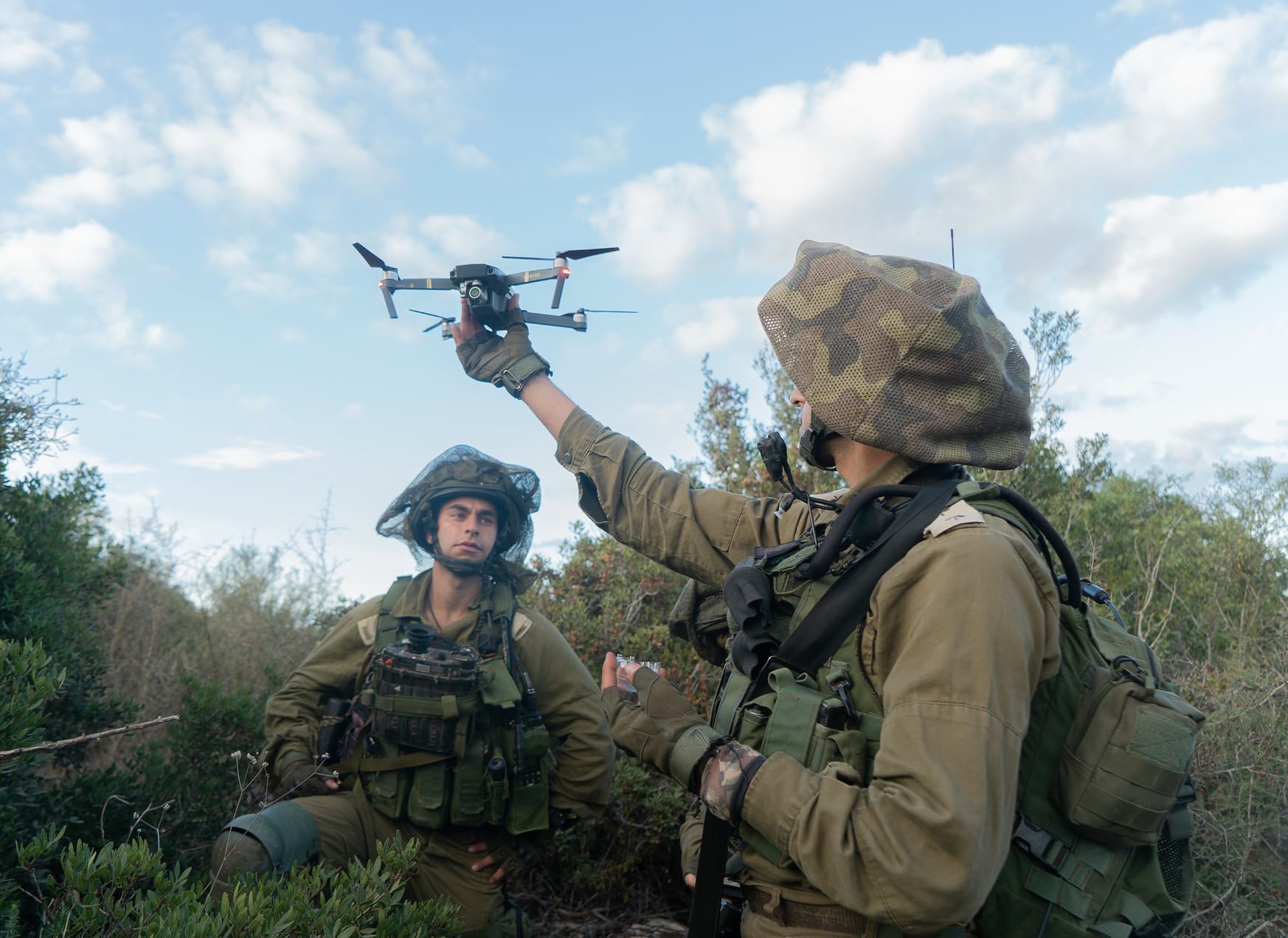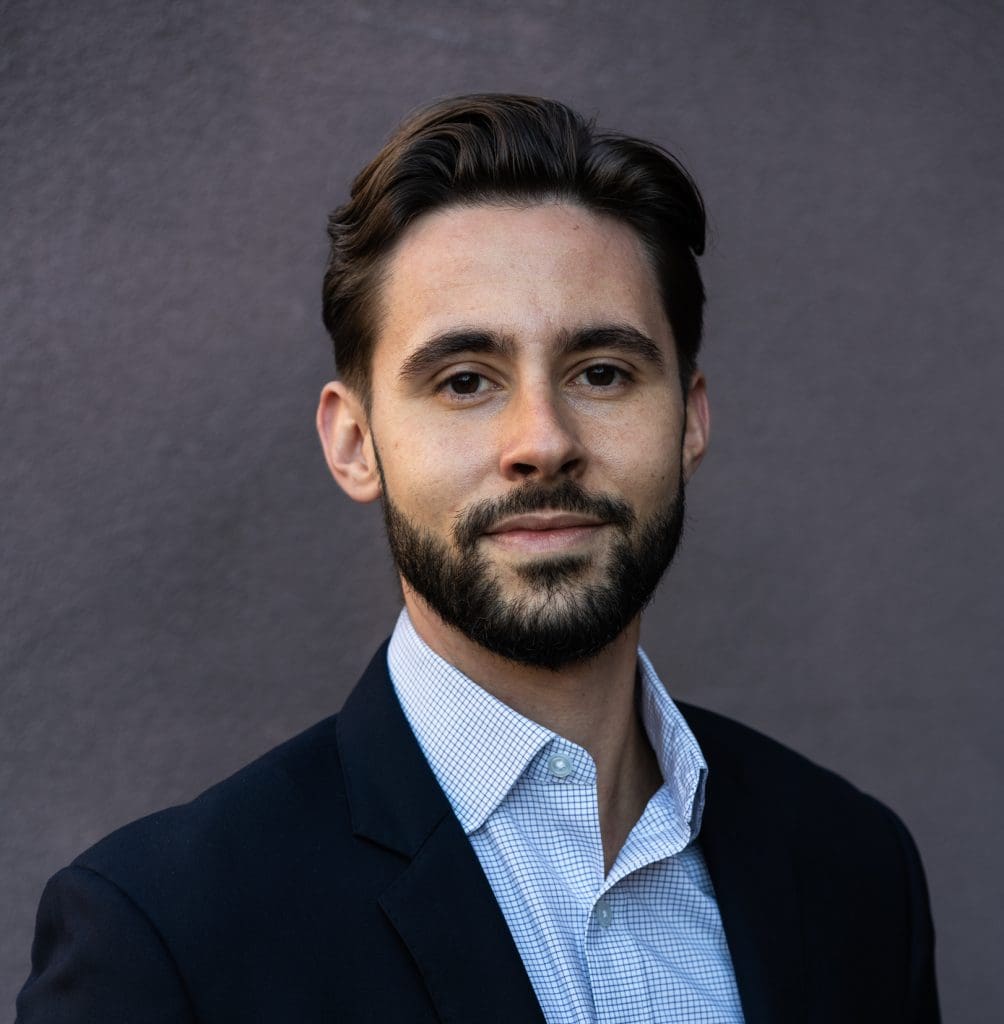
For years, Israel’s rapidly growing military industrial complex has turned the regime into a leading exporter of sophisticated weaponry and cutting edge spyware. For just as long, Israel has used Palestinians under occupation and blockade as unwilling test subjects for its increasingly deadly and oppressive weapons technologies.
From Pegasus spyware to attack drones to AI targeting systems, Israel now exports its tools of subjugation to oppressive forces across the globe. Israeli spyware has been used to hack the phones of journalists; Israeli weapons were used by the Myanmar army to massacre thousands of Rohingyas; Israeli drone technology has been seen in multiple countries across Africa. And for more than 10 months, Israel has been testing out advanced AI targeting systems to streamline the genocide of Palestinians in Gaza.
In this policy lab, Marwa Fatafta and Antony Loewenstein join host Tariq Kenney-Shawa to discuss Gaza as a testing ground for Israel’s global war industry.
Marwa is a Palestinian writer, researcher and policy analyst based in Berlin. She leads Access Now’s work on digital rights in the Middle East and North Africa region as the MENA Policy Manager. She is also an advisory board member of the Palestinian digital rights organization 7amleh. Previously, she worked as the MENA Regional Advisor for Transparency International Secretariat. Marwa was a Fulbright scholar to the US, and holds an MA in International Relations from Maxwell School of Citizenship and Public Affairs, Syracuse University. She holds a second MA in Development and Governance from University of Duisburg-Essen.
Tariq Kenney-Shawa is Al-Shabaka’s US Policy Fellow and co-host of Al-Shabaka’s Policy Lab series. He holds a Masters degree in International Affairs from Columbia University. Tariq’s research and writing have covered a range of topics, from the role of open-source intelligence in exposing Israel’s war crimes to analysis of Palestinian liberation tactics. His writing has appeared in The Los Angeles Times, Foreign Policy, and The Nation, among others. Follow Tariq on Twitter @tksshawa and visit his website at https://www.tkshawa.com/ for more of his writing and photography.












